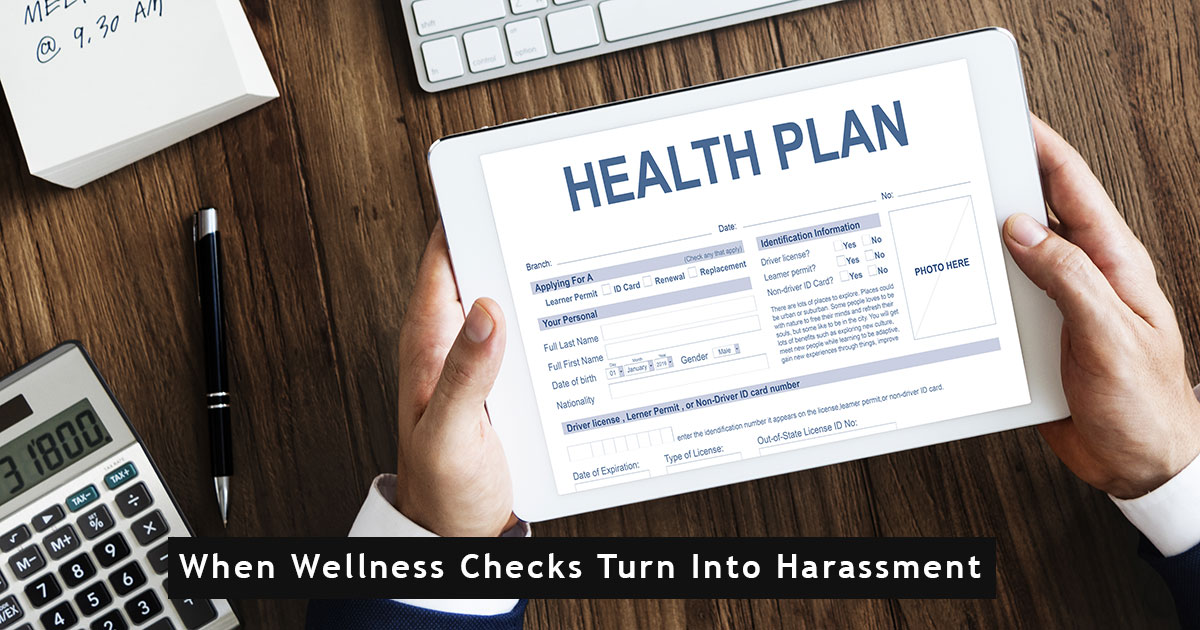Wellness checks are crucial interventions designed to ensure the safety and well-being of individuals who might be in distress. Typically conducted by law enforcement or social service agencies, these checks are meant to offer support and assistance. However, there’s a fine line where well-intentioned actions can unintentionally slip into the realm of harassment. This article explores that delicate balance, helping to understand when a wellness check becomes intrusive and how to prevent it from turning into harassment.
Understanding Wellness Checks
A wellness check is initiated when there’s a genuine concern about an individual’s safety or health, especially if they are unresponsive or isolated. Law enforcement or social services may conduct these checks, particularly in scenarios involving the elderly, individuals with mental health issues, or when there’s suspected danger. The purpose is to provide care and reassurance, not to invade privacy or autonomy.
When Wellness Checks Turn into Harassment
Harassment in the context of wellness checks can manifest through excessive frequency, lack of consent, and invasive actions. Signs of harassment include:
- Repeated, unannounced visits.
- Disregarding the individual’s requests for privacy.
- Intrusive questioning beyond the scope of a wellness check.
- Initiating checks without any valid or substantiated concern.
These actions can lead to emotional distress, violating the personal space and autonomy of the individual involved.
Legal and Ethical Considerations
Wellness checks must adhere to a legal and ethical framework. Misuse of these checks, leading to harassment, can have legal repercussions. It’s crucial for those conducting checks to understand and respect the boundaries set by law and ethics, ensuring that their actions don’t infringe on individual rights.
Preventing Harassment through Wellness Checks
To ensure wellness checks remain supportive and respectful, it’s essential to follow best practices:
- Obtain consent before conducting a check.
- Respect the individual’s privacy and personal boundaries.
- Offer alternatives to physical checks, like phone calls or virtual check-ins.
- Educate law enforcement and social workers about the sensitive nature of these checks.
Case Studies and Real-Life Scenarios
Examining real-life cases where wellness checks crossed into harassment can provide valuable insights. These cases illustrate the importance of understanding the individual’s context, respecting their autonomy, and avoiding assumptions about their needs or conditions.
Conclusion
Wellness checks, when conducted with empathy, respect, and understanding, can be a lifeline for those in need. However, it is vital to ensure these checks do not turn into a source of distress or harassment. Striking a balance between concern for safety and respect for personal boundaries is key to their effectiveness.
FAQs
What should I do if I feel harassed by wellness checks?
Communicate your concerns clearly to the concerned parties and set boundaries. If the situation persists, seek advice from legal authorities.
Are there alternatives to wellness checks?
Yes, alternatives include regular communication, offering assistance, and suggesting professional support.









Leave a Reply